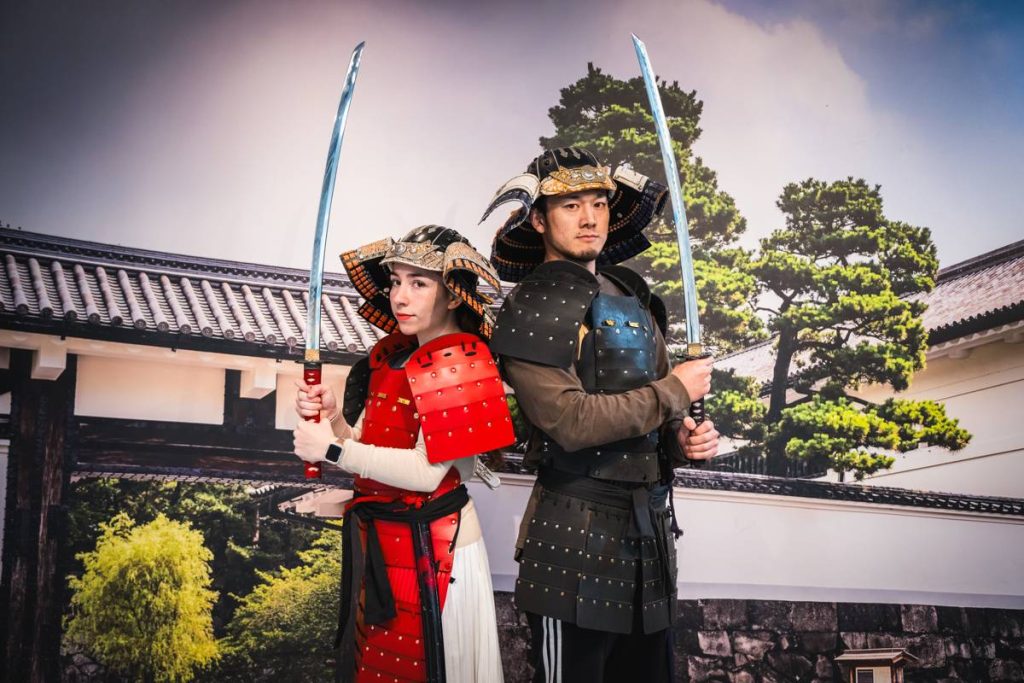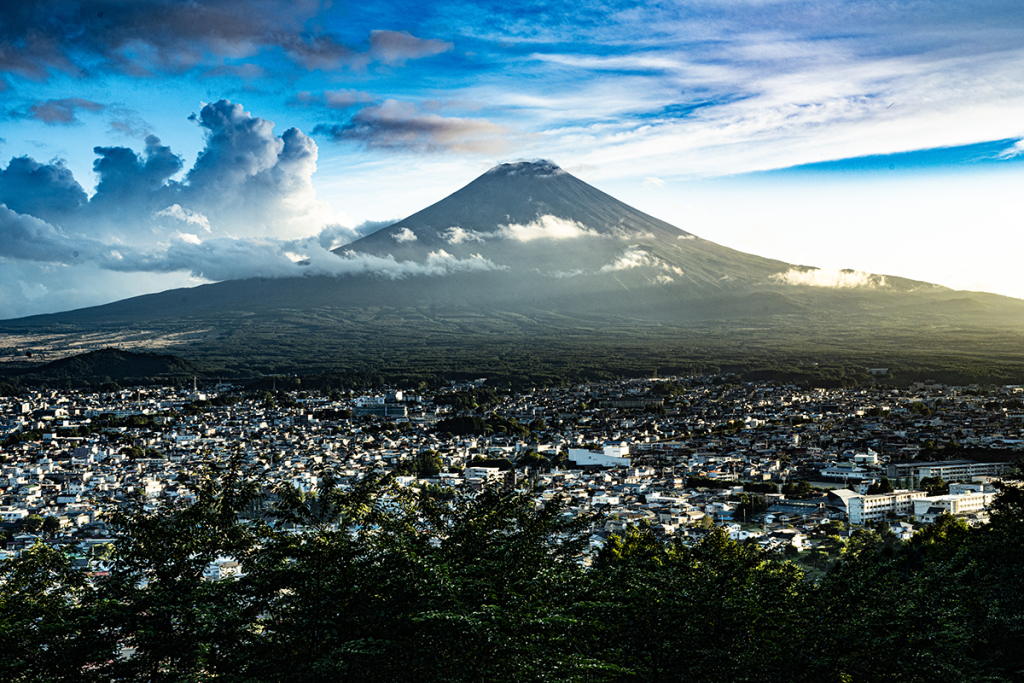In recent years, Experiential Cultural Tourism has gradually become a new trend in the tourism industry. This form of tourism not only allows tourists to experience traditional cultural landscapes, but also allows them to truly integrate into the local cultural atmosphere through interaction and participation. From participating in traditional handicraft production to interacting with local residents, experiential cultural tourism makes travel more meaningful through in-depth cultural experience.
Take Japan as an example. Tourists can experience the strong historical atmosphere by visiting the traditional Japanese Samurai Statue. Samurai are a very important role in Japanese history. They not only represent Japan’s courage and loyalty, but also carry a long cultural tradition. Many places provide tourists with opportunities to observe and take pictures up close. Some attractions even have samurai costume rental services, allowing tourists to wear samurai armor and experience the style of traditional samurai. This personal experience not only allows tourists to better understand the profound connotation of samurai culture, but also allows them to feel the power and glory in Japan’s long history.
In addition, many tourism activities also focus on deep integration with local culture. For example, tourists can directly participate in the inheritance of Japanese culture by participating in activities such as tea ceremony and kimono experience. This cultural experience can bring them a rich experience different from traditional sightseeing tourism. While enjoying the beautiful scenery, tourists can also get the opportunity to interact with local culture, increasing the uniqueness and commemoration of tourism.
In short, Experiential Cultural Tourism is an important direction for the development of modern tourism, especially historical and cultural symbols such as Japanese Samurai Statue, which is not only a tourist attraction, but also a carrier of cultural transmission. Through this in-depth cultural experience, tourists can better understand the history and culture of the destination and create unforgettable travel memories.




